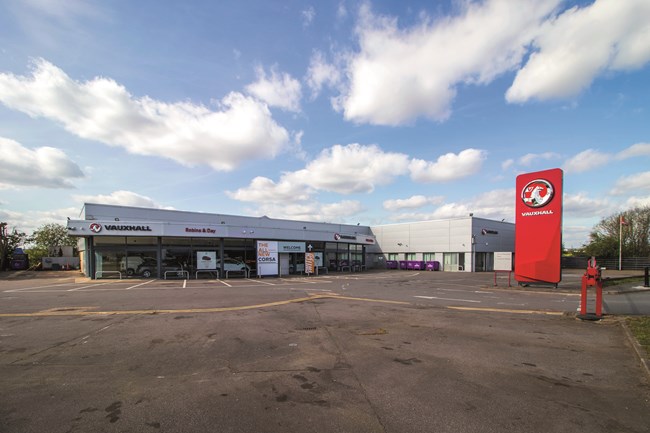We use cookies to ensure that we give you the best experience on our website. If you continue without changing your settings, we will assume that you are happy to receive all cookies on the Business Car website. However, if you would like to, you can change your cookies at any time

The start point for the best source of fleet information |
New car registrations all but dry up in April
Date: 05 May 2020 | Author: Illya Verpraet

April saw a record 97.3% fall in new car registrations as the effects of the closure of car showrooms in late March start to show.
As a result of Covid-19, just 4,321 new cars were registered, figures from the Society of Motor Manufacturers and Traders (SMMT) show.
These numbers are in line with other European countries, with France down 88.8% and Italy down 97.5%.
Of the 4,321 orders, the vast majority (3,090) were fleet orders, to keep key workers moving. The remaining 871 cars (28.5%) went to private buyers.
The SMMT's projections for the whole of 2020 are only slightly less grim: It expects a total of 1.68m new car registrations this year, the lowest number since 1992. This puts the sector on course to record its worst performance since 1992's 1.59m units, below the levels seen during the financial crisis and some 27% lower than the 2.31m new cars registered in 2019.
Mike Hawes, SMMT chief executive, said, "With the UK's showrooms closed for the whole of April, the market's worst performance in living memory is hardly surprising. These figures, however, still make for exceptionally grim reading, not least for the hundreds of thousands of people whose livelihoods depend on the sector.
"A strong new car market supports a healthy economy and as Britain starts to plan for recovery, we need car retail to be in the vanguard. Safely restarting this most critical sector and revitalising what will, inevitably, be subdued demand will be key to unlocking manufacturing and accelerating the UK's economic regeneration."











